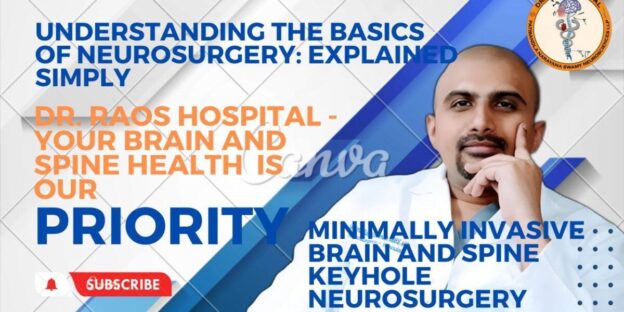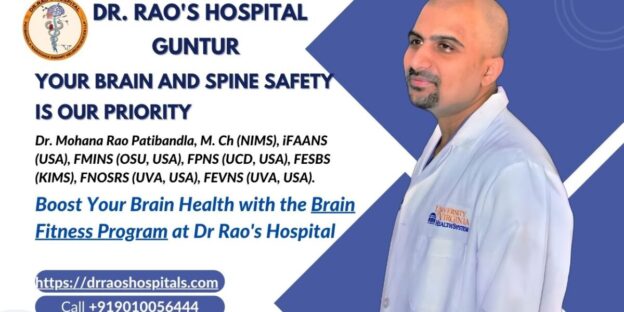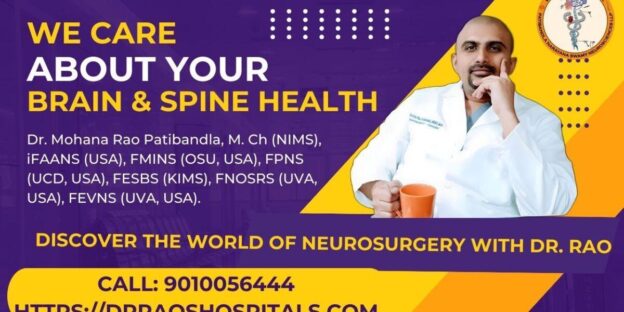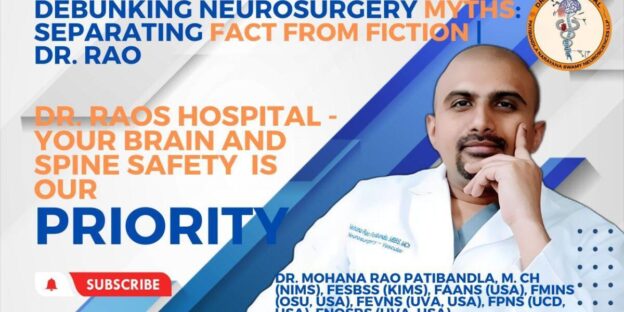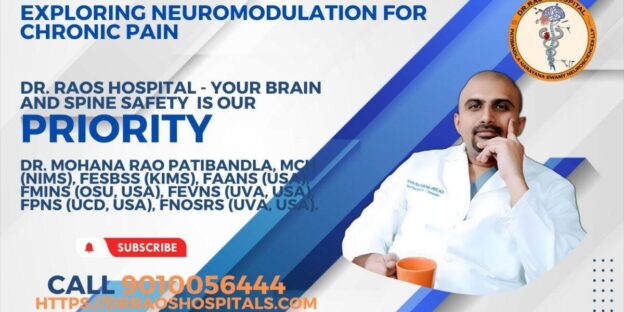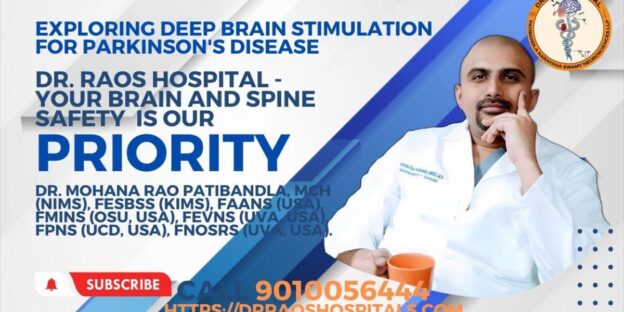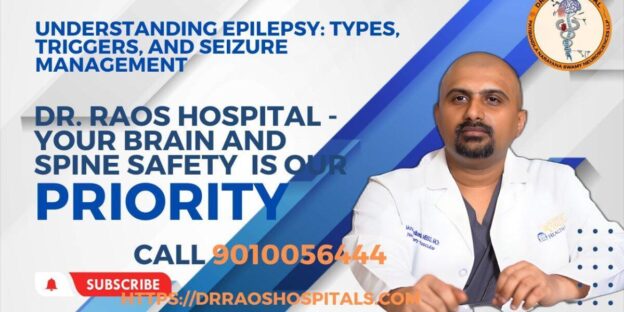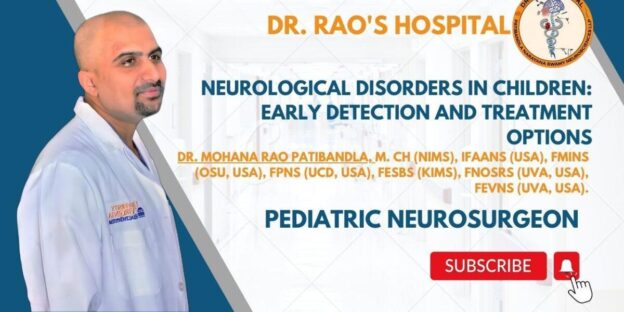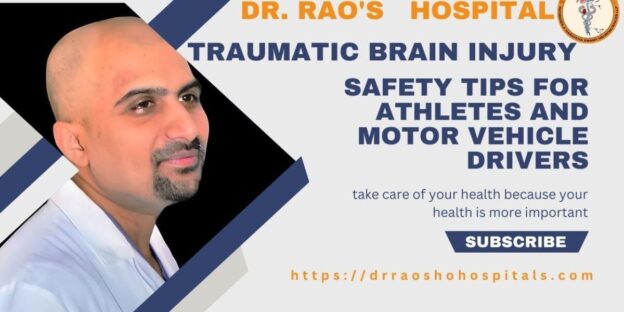Understanding Neurosurgery: Dr. Rao’s Expert Insights Simplified
Understanding the Basics of Neurosurgery: Explained Simply
Summary: In this captivating video, we present “Understanding Neurosurgery: Dr. Rao’s Expert Insights Simplified.” Join us on a journey through the world of neurosurgery, where we demystify this intricate medical field with the guidance of Dr. Rao, India’s top neurosurgeon. From brain and spinal treatments to the latest surgical techniques, we cover it all in an engaging and easily digestible manner. Don’t miss this opportunity to gain valuable insights from the industry’s best and explore neurosurgery’s wonders. Subscribe now and embark on this extraordinary adventure! ????????
Neurosurgery, a medical field often shrouded in mystery, is crucial in treating various neurological conditions. In this blog, we will demystify the basics of neurosurgery, guiding you through the essentials of this intricate medical discipline. Let’s explore how Dr. Rao, the best neurosurgeon in India, and Dr. Rao’s Hospital, the best neurosurgery hospital in India, are at the forefront of providing exceptional neurosurgical care.
What is Neurosurgery?
Neurosurgery is a specialized branch of medicine that focuses on the diagnosis, treatment, and surgical management of disorders affecting the nervous system. This intricate system comprises the brain, spinal cord, and peripheral nerves, which are vital in transmitting information and controlling bodily functions.
Dr. Rao: A Leading Neurosurgeon in India
Dr. Rao, a highly skilled and experienced neurosurgeon in India, stands at the forefront of neurosurgical excellence. With a passion for healing and a commitment to patient care, Dr. Rao has earned a reputation as a leading expert in his field. His expertise covers various neurosurgical procedures, from brain and spinal surgeries to nerve decompressions.
Introducing Dr. Rao’s Hospital
Dr. Rao’s Hospital is a beacon of excellence in neurosurgery in India. Equipped with state-of-the-art technology and a compassionate team of medical professionals, the hospital is dedicated to providing patients with the highest standard of care. With a patient-centric approach and a focus on innovation, Dr. Rao’s Hospital has become a trusted destination for individuals seeking top-notch neurosurgical treatments.
Conditions Treated by Neurosurgery
Neurosurgery addresses a wide array of neurological conditions, including:
Brain Tumors: Abnormal growths in the brain that require surgical removal.
Spinal Disorders: Conditions affecting the spine, such as herniated discs and spinal stenosis.
Cerebrovascular Diseases: Disorders affecting blood vessels in the brain, including aneurysms and arteriovenous malformations.
Peripheral Nerve Disorders: Conditions affecting nerves outside the brain and spinal cord, like carpal tunnel syndrome.
Epilepsy: A neurological disorder causing recurrent seizures that may require surgical intervention.
The Neurosurgical Process
Neurosurgery involves a meticulous process, beginning with a comprehensive evaluation and diagnosis of the patient’s condition. Dr. Rao and his team conduct thorough neurological examinations and utilize advanced imaging techniques to gain insights into the problem. They develop personalized treatment plans based on the diagnosis, which may involve surgical or non-surgical approaches.
Advancements in Neurosurgery
In recent years, the field of neurosurgery has witnessed remarkable advancements. Minimally invasive techniques, computer-assisted navigation systems, and innovative surgical instruments have revolutionized neurosurgeons’ operations. These cutting-edge technologies contribute to shorter recovery times and better patient outcomes.
Conclusion
Neurosurgery is a complex yet indispensable medical field, and understanding its basics is vital for patients seeking neurological care. With the expertise of Dr. Rao, the best neurosurgeon in India, and the state-of-the-art facilities at Dr. Rao’s Hospital, patients can rest assured that they are in safe hands.
If you or a loved one requires neurological evaluation and treatment, don’t hesitate to contact Dr. Rao’s Hospital at 9010056444 or visit drraoshospitals. The dedicated team at Dr. Rao’s Hospital is ready to offer compassionate care and guide you through your journey to neurological wellness.
Tags: #Neurosurgery #BrainSurgery #SpinalTreatments #MedicalScience #DrRao #Neurosurgeon #SurgicalTechniques #Healthcare #MedicalEducation

